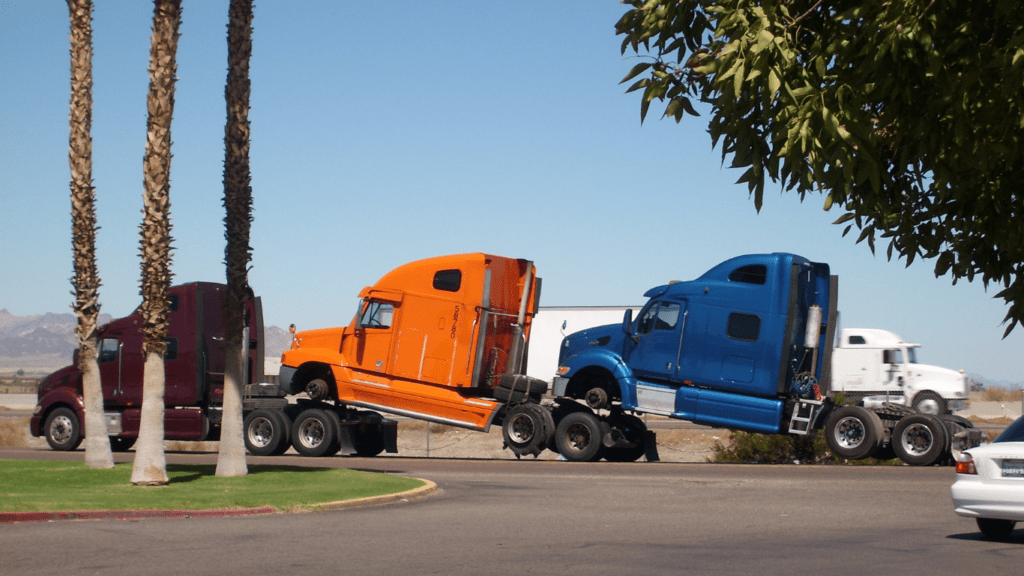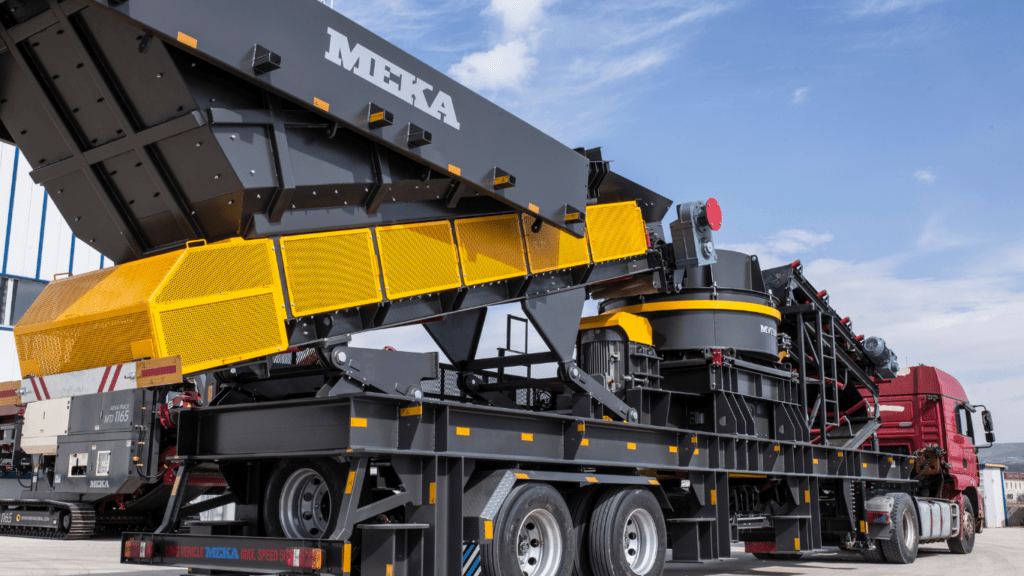Understanding Car Towing Services
Car towing services provide essential help during vehicle breakdowns and accidents. Knowing the specifics of these services aids in selecting the best option.
What Is a Car Towing Service?
A car towing service transports vehicles from one location to another using specialized equipment. Tow trucks, such as flatbeds or wheel-lifts, perform this task.
These services ensure vehicles reach repair shops or safe locations without further damage. Companies often offer additional support, like roadside assistance and minor repairs.
When Might You Need a Towing Service?
Car towing services become necessary when experiencing vehicle breakdowns or accidents. If your car becomes inoperable due to mechanical failure, a towing service can move your vehicle to a repair facility.
Additionally, if you’re involved in a collision that renders your vehicle unsafe to drive, towing services ensure its safe transportation. Instances like flat tires or running out of fuel might also require a tow if immediate assistance isn’t available.
Factors to Consider When Choosing a Towing Service
Selecting the best towing service involves evaluating several critical factors to ensure reliability and efficiency.
Reputation and Reviews
Look into the company’s reputation by checking online reviews. Reading customer feedback on platforms like Google Reviews and Yelp helps identify reliable services.
A high overall rating along with positive comments about punctuality and professionalism speaks volumes about the towing service’s quality.
Service Areas and Availability
Ensure the towing service covers the areas you frequent. Verify their availability 24/7, especially if you travel often at night. Knowing they can respond promptly within your usual routes adds peace of mind.
Pricing and Payment Options
- Examine the pricing structure upfront.
- Confirm that it aligns with industry standards and doesn’t include hidden fees.
- Having multiple payment methods, including credit cards and digital wallets, is advantageous.
- Understanding the cost breakdown for different towing scenarios helps you avoid financial surprises.
Choosing a reputable towing service that provides timely, cost-effective support across your travel routes ensures you’re always prepared during roadside emergencies.
Types of Towing Services

Selecting the best towing service means knowing the different types of towing available. Each towing method has its unique benefits and appropriate use cases.
Flatbed Towing
Flatbed towing is one of the safest methods. The vehicle gets placed on a flat platform, ensuring no touching of the ground. This method works well for luxury cars, motorcycles, and vehicles with major damage.
Flatbed tow trucks can transport cars over long distances without causing extra wear or damage.
Wheel-Lift Towing
Wheel-lift towing involves lifting the drive wheels of the vehicle off the ground. This method uses a metal yoke and hydraulic lift system. It’s cost-effective and quicker for short-distance towing.
However, wheel-lift towing might not be suitable for all-wheel or four-wheel-drive vehicles because it can cause drivetrain damage.
Heavy-Duty Towing
Heavy-duty towing supports large vehicles like buses, trucks, and RVs. These tow trucks have powerful engines and advanced systems to handle increased weight. Heavy-duty towing provides the necessary strength for large-scale recoveries. This type of towing is essential for commercial fleets and heavy machinery transportation.
Evaluating Towing Service Providers
To ensure a reliable and efficient towing experience, I focus on critical aspects of the providers. Examining specific factors helps me make an informed decision.
Checking Licenses and Certifications
Verifying a towing service’s licenses and certifications guarantees compliance with industry standards. I check local and state requirements to confirm legality.
Licensed providers meet regulatory standards, ensuring professional conduct. Certifications from reputable associations signal adherence to best practices. This step minimizes risks associated with unregistered operators.
Evaluating Customer Service and Response Time
Assessing customer service includes:
- reviewing responsiveness
- availability
- support quality
I look for providers with 24/7 availability for emergencies. Prompt response times indicate preparedness and reliability.
Checking online reviews and testimonials reveals insights into user experiences. Efficient customer service ensures timely assistance and problem resolution during roadside incidents.

